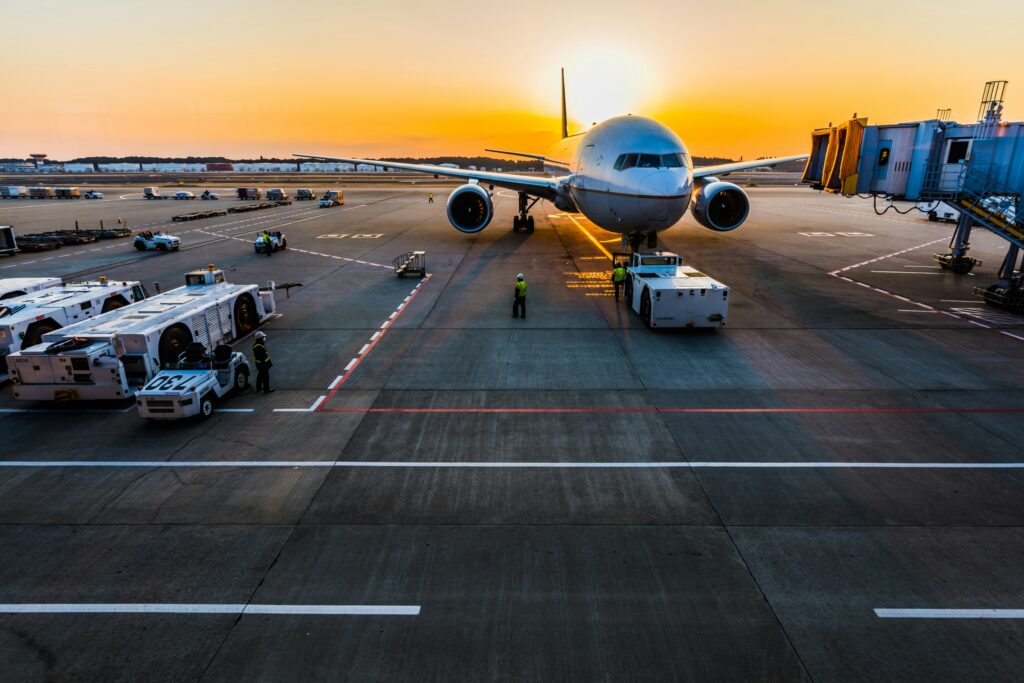Belgian authorities shut down Brussels Zaventem Airport after reports of a drone flying over the airfield on Tuesday night. Public broadcaster VRT confirmed that all departures and arrivals were suspended following the sighting. The airport briefly reopened before closing again after a second drone appeared over the area.
Liège Airport, which initially received diverted flights from Brussels, also closed later in the evening after a separate drone incident. A spokesperson for Skeyes, Belgium’s civil airspace authority, said the first drone appeared around 8 p.m. local time, forcing aircraft to reroute to Ostend-Bruges and Charleroi Brussels South airports. Officials remain on alert as investigations continue.
Rising Tension Across Europe Over Airspace Breaches
Both NATO and the European Union remain on high alert after a series of recent airspace violations linked to Russia. NATO warned Moscow in late September that it would defend against any further intrusions following the downing of Russian drones over Poland and a reported fighter jet breach in Estonia.
The September 10 event in Poland marked the first direct confrontation between NATO and Russia since the invasion of Ukraine in early 2022. Estonia reported that three Russian MiG-31 fighter jets entered its airspace for 12 minutes without authorization. The Kremlin denied the accusation, but the incident alarmed European leaders.
NATO Launches New Defence Initiative
NATO Secretary General Mark Rutte condemned the repeated incursions and emphasized the alliance’s commitment to defending member nations. “We see drones violating our airspace. Whether intentional or not, it is unacceptable,” he said. “All allies stand firmly with Poland. We must counter aggression and protect every NATO state.”
In response, NATO introduced the Eastern Sentry programme to strengthen surveillance and deter Russian activity near its eastern borders. The initiative aims to increase military coordination, demonstrate unity, and ensure rapid reaction capabilities across allied territories.
The growing frequency of airspace violations underscores escalating tensions in Europe, forcing both NATO and the EU to reinforce aerial security amid uncertainty over Russia’s next move.



